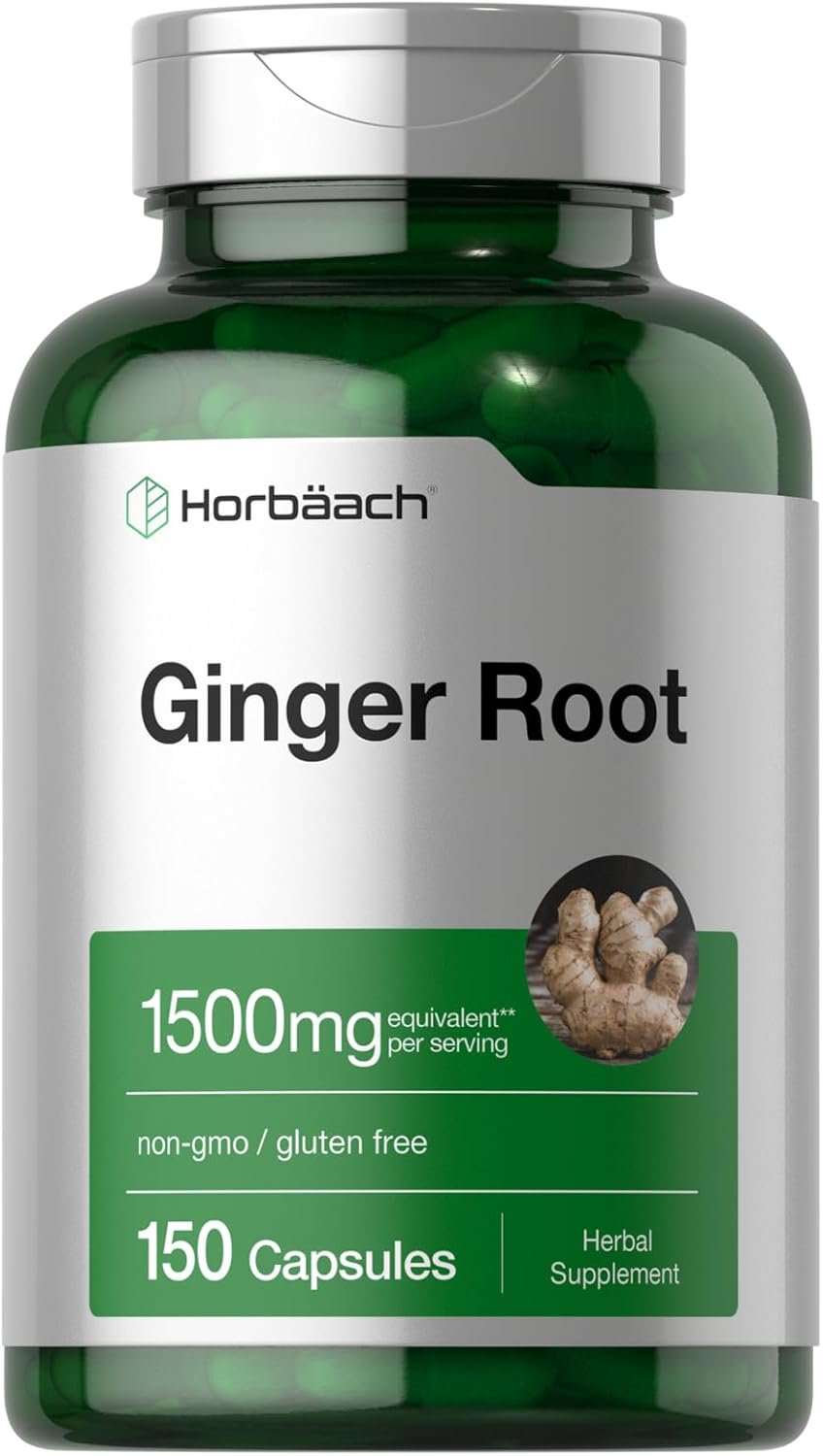Ginger is a well-known plant that has been used for a long time as both a spice and a medicine. It comes from Asia but is now grown in many parts of the world, including South America, Africa, and the Middle East.
The underground part of the plant, called the rhizome, is the most useful. People eat it in food or take it as a supplement to improve their health.
Ginger has been a part of traditional medicine for centuries. Ancient people used it to treat problems like asthma, the flu, indigestion, and stomach pain.
Even today, ginger is popular as a natural remedy for nausea, vomiting, and other health issues.
How Ginger Helps with Nausea
Many studies have looked at how ginger can help people feel less nauseous. Some research shows that ginger can reduce nausea and vomiting in pregnant women.
However, studies on ginger for motion sickness have not shown strong results.
Scientists are still unsure if ginger helps people undergoing chemotherapy or recovering from surgery.
Ginger for Pain Relief
Some people use ginger to reduce pain. Research suggests that ginger supplements can make menstrual cramps less painful.
It might also help people with knee osteoarthritis, a condition where the knees become stiff and painful.
However, applying ginger directly to the skin has not been shown to work for this condition.

Horbäach Ginger Root Capsules 1500 mg
Horbäach Ginger Root Capsules provide 1500 mg of potent ginger extract in quick-release capsules. Non-GMO, gluten-free, and lab-tested for purity, they support digestion and overall wellness with superior quality ingredients.
Is Ginger Safe?
Ginger is considered safe for most people when eaten in food or taken as a supplement. However, it may cause mild side effects such as stomach discomfort, heartburn, diarrhea, and irritation in the mouth or throat.
If you are taking medicines, you should talk to a doctor before using ginger, as it can interact with some drugs.
For pregnant women, ginger seems to be safe, but there is not much research on whether it is safe while breastfeeding.
It is always best to check with a doctor before using herbal products during pregnancy or breastfeeding.
How Herbal Products Are Regulated
In the United States, herbal products like ginger supplements are not as strictly controlled as medicines.
The Food and Drug Administration (FDA) does not check these products before they are sold. Instead, the companies that make them must ensure their products are safe and properly labeled.
If there are health concerns, the FDA can take action to remove harmful products from the market.
If you want to use ginger for health reasons, it is important to talk to your doctor first.
A healthcare professional can help you understand if ginger is right for you and how it may affect any medicines you are taking.
Conclusion
Ginger is a popular natural remedy that has been used for many years. It may help with nausea, menstrual pain, and osteoarthritis, but more research is needed to confirm its full benefits.
While ginger is generally safe, it is always good to consult a doctor before using it, especially if you are pregnant or taking medication.
By making informed choices, you can enjoy the benefits of ginger safely.




